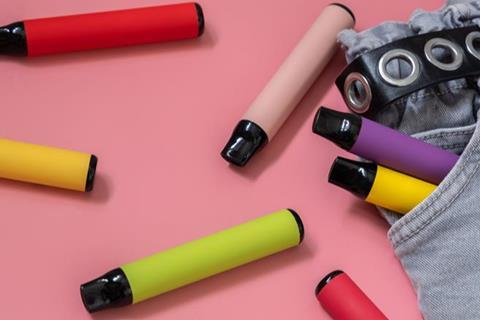
If there’s ever a way to test the industry’s resilience, it’s the series of vape changes presented by the government in the past month. Retailers took in the news of the disposable vape ban starting June 2025, along with a new tax on vapes that could narrow margins. And now, the Tobacco and Vapes Bill introduced plans for a licensing scheme for vape, tobacco and nicotine sales.
Despite these changes, retailers remain optimistic, provided there is clarity regarding the new regulations and proper enforcement against those who do not comply with the law.
Neil Godhania of Neil’s Premier says the proposed licensing scheme could be a game changer. “If implemented, this could be very positive news,” he explains. “It may help curb the black market, which would likely grow if stricter regulations aren’t introduced.”
Underscoring the importance of regulating retailers, he says: “Currently, legitimate retailers face tough competition as barbershops, pubs, and other establishments have started selling these products, often without proper oversight.”
He suggests that revoking alcohol or tobacco licenses for repeated violations would act as a much stronger deterrent. But he does stress that “it’s essential to create meaningful consequences” and that enforcing licensing rules would provide authorities with more tools to curb these illegal sales.
One Stop retailer Aman Upal echoed similar responses to the licensing scheme, particularly the need to deter rogue sellers off the streets. “It’s something that my fellow retailers and I have been wanting to happen. I think it will definitely add more protection for law-abiding retailers and also raise the standards within the industry as well,” he explains.
Both Neil and Aman suggested that the government could incorporate these vape products into existing frameworks such as the Track and Track system for tobacco and the current alcohol licensing systems.
While Aman believes the licensing scheme is a “positive thing”, he remains cautious about the potential costs: “One of my main concerns is that I’m not sure what the costs will be for retailers. With all the extra charges we are already facing and the rising costs of the business, this uncertainty is quite concerning.”
Meanwhile, Wycombe-based retailer Raaj Chandara highlights the challenge of enforcement, particularly the government’s capacity to police new regulations effectively. “It’s all well and good for the government to push through bills, but can they police it? Can they keep an eye on it? What resources will they have?” he says.
He mentions that the proposed flavour restrictions have also raised questions. “They’re talking about just having flavours such as menthol and tobacco.” He warns that this could inadvertently drive more customers to the black market.
“If people want pink lemonade but the government bans it, they may have to turn to the black market to get it. For example, they might find it being sold under the counter at a local barber shop that doesn’t have a license. This situation means money is leaving the legal market, resulting in less tax revenue for the government,” Raaj adds.
Additionally, Aman warns a total ban on flavours would be the “worst thing possible” and would further fuel the illicit trade. “Ninety percent of the vapes I sell are flavoured. I don’t mind if there are some restrictions on flavours, especially those that mimic sweets or drinks, as they tend to appeal more to younger people. However, I hope that common sense is applied when considering the flavours and the target profiles,” he explains.






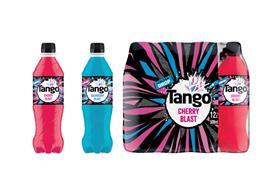

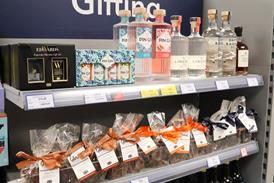

![WG-4003[58]](https://d2dyh47stel7w4.cloudfront.net/Pictures/274x183/4/5/1/353451_wg400358_6083.jpg)






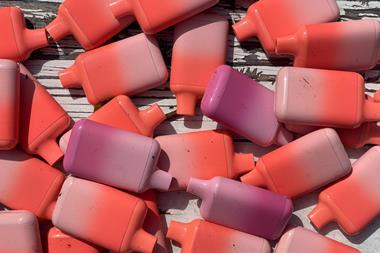

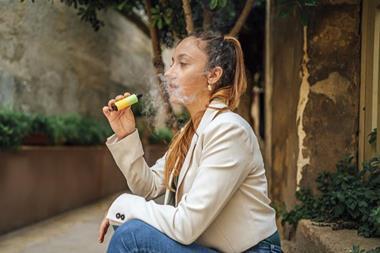

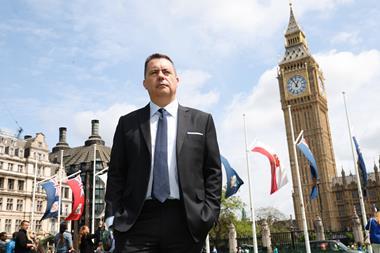
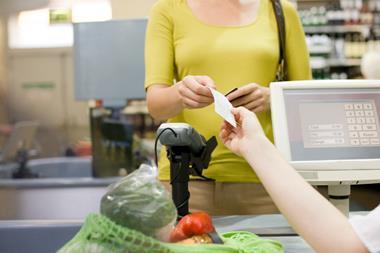

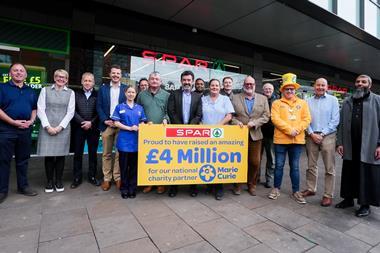
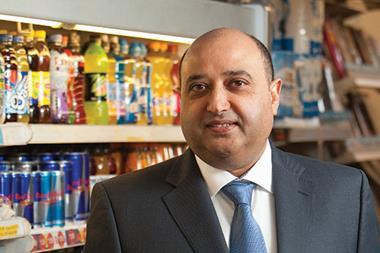


No comments yet